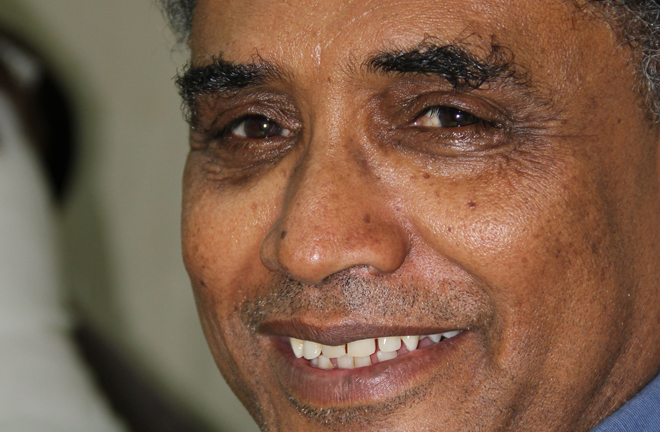MAMMO MUCHIE: Int’l order must give voice to Global South

The 1955 Asian-African Conference in Bandung, Indonesia was a turning point in the construction of a post-colonial international political order. However, the complete and final overthrow of colonialism was not achieved. Instead, neocolonialism rose to take its place and became firmly rooted in most of the Global South.
We need a new Bandung Conference and a strong Global South to put on the agenda a total post-colonial reality that will determine the architecture of a new global restructuring.
There is a real need to put first what was put last in order to remove the costs to the disadvantaged and create an opportunity for an equal partnership on the principle of mutual benefit to anchor all relationships among all nations on earth.
The strong traditional values like Ubuntu, meaning “human kindness,” should be promoted to construct a vision for world diplomacy that upholds the principle of “an injury to one is an injury to all.”
World diplomacy must abandon the current state of organized hypocrisy in favor of Ubuntu diplomacy that has at its core the revitalized Bandung spirit. If China and other leading Global South members establish equal terms for all and promote a spirit of sharing and compassion, the world will be set on the most powerful trajectory toward a future in which all gain and none lose.
It is imperative to recognize that the Bandung Conference also had far-reaching implications for the Global South. During the Cold War, the Bandung Conference gave birth to the Non-Aligned Movement, which obviously challenged the world order of the time dominated by great powers.
Now it is time to think about the “Bandung Conference and Beyond” in order to move from the current world order and disorder to a new global sustainable world architecture.
The Bandung spirit must live on. The challenge today is to construct a fully inclusive world order in which no one dominates, all participate and all countries have a voice. It is critical to draw upon the lessons on international relations that have been learned in the past 60 years to revitalize the commitment and thinking that will enable the Global South to deal with the world and respond by creating a new world restructuring that is ruled not by hegemons but by principles, values and an earnest desire to achieve common prosperity.
In 1955, Bandung tried to introduce anti-colonial values as the basis for a new world architecture. It highlighted the importance of the role the Global South plays in shaping the destiny of the world. The question is to what extent did the Bandung Conference succeed in taming the hubris of the super powers and realizing the great ambition of reconstituting a new world order that is inclusive of the hitherto colonized?
The Bandung spirit for the 21st century should heal the world. There is a need for a new civilization to remake the world older. China and Africa are rooted in deep history, values and civilization. They are currently rising peacefully. It will therefore be important for their leaderships to play a role in creating a peaceful, gentle and graceful world where no one starves, no one is thirsty and no one is homeless, which is to say a new world built on the foundation of the common good. Bandung, China and Africa must rise to the challenge and make this new world order through actions not words.
Mammo Muchie is a professor of innovation studies at the Tshwane University of Technology.
